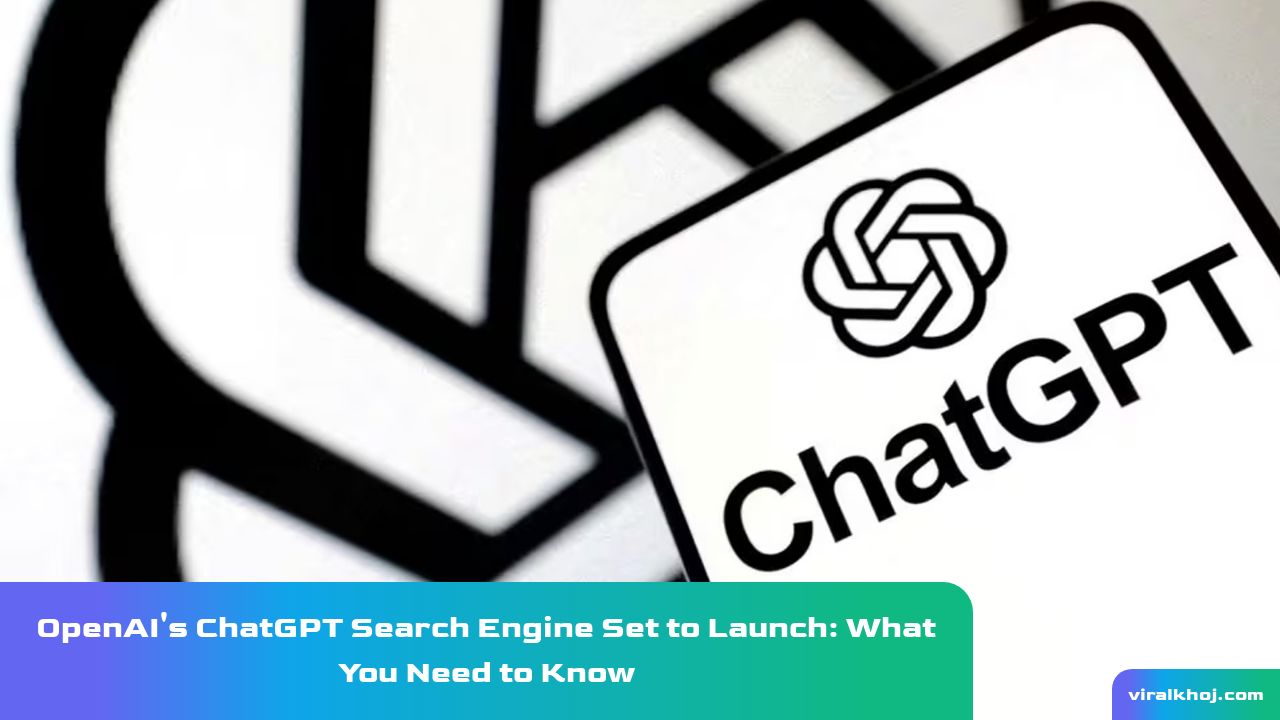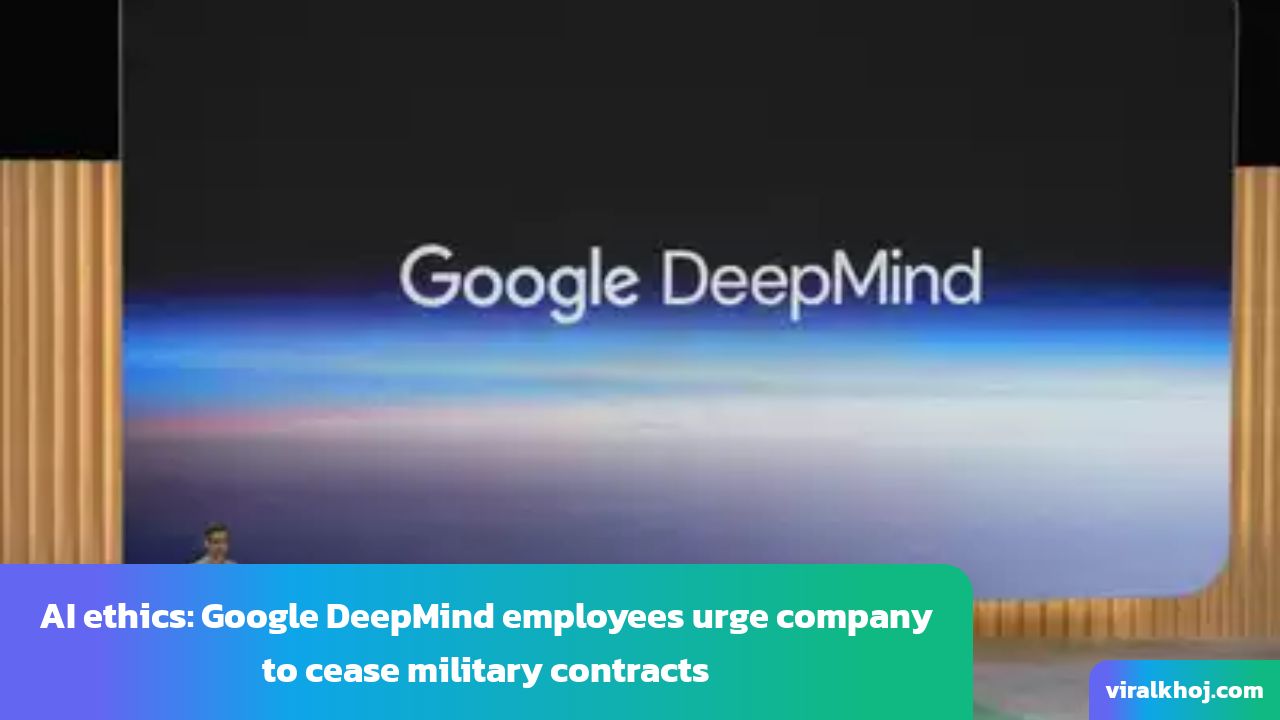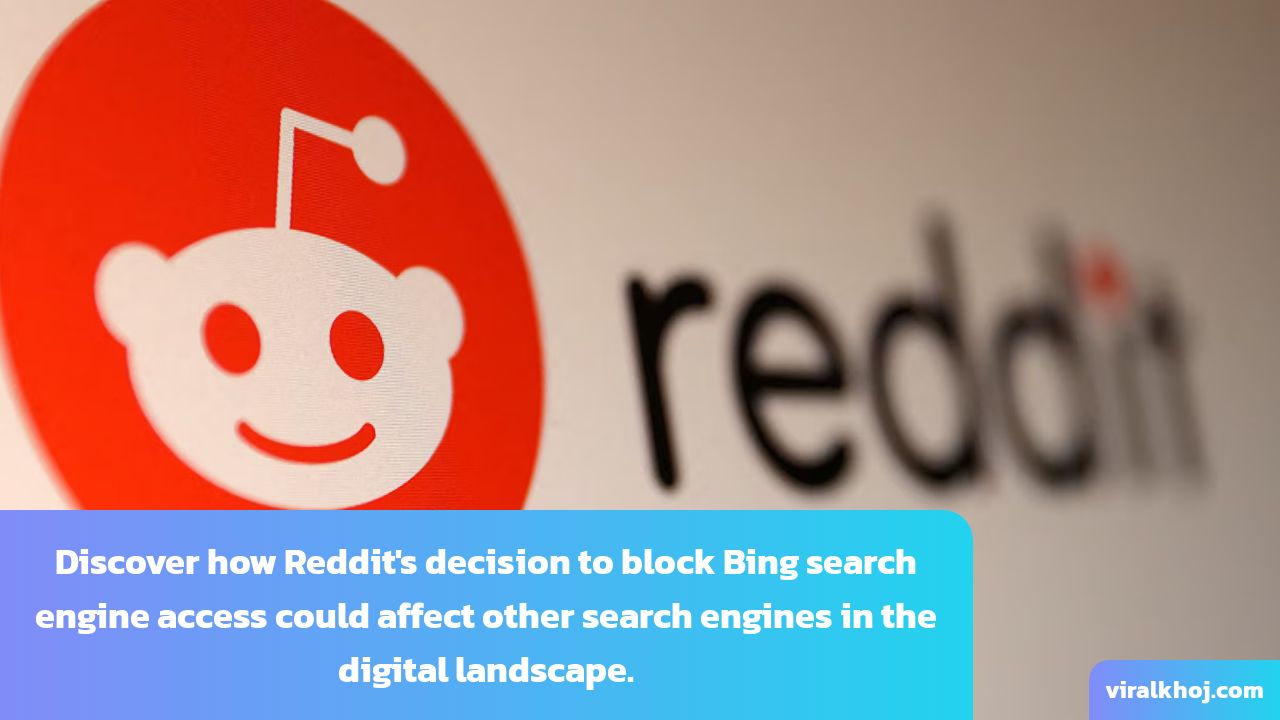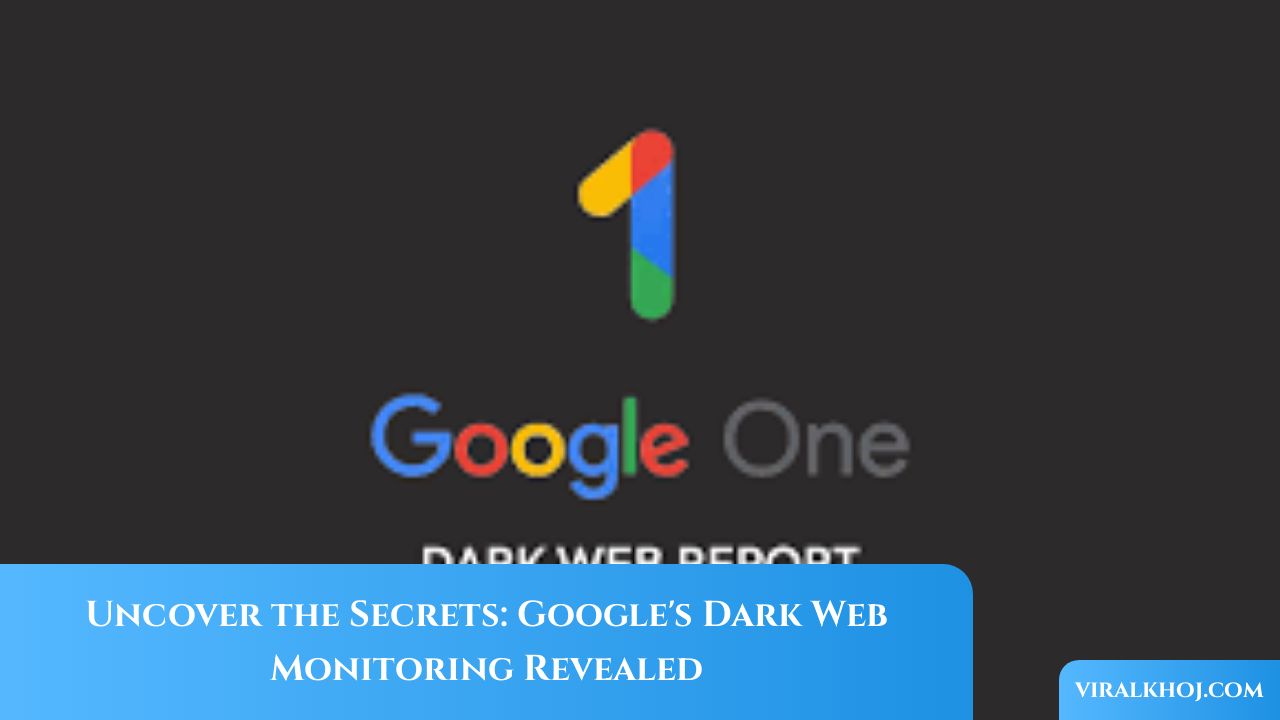OpenAI's ChatGPT Search Engine Set to Launch: What You Need to Know

OpenAI's ChatGPT Search Engine Set to Launch: What You Need to Know
OpenAI, the renowned artificial intelligence research laboratory, is reportedly on the verge of launching its highly anticipated ChatGPT search engine. Speculations have been running high ever since OpenAI registered the domain name "search.chatgpt.com" and acquired a security certificate, hinting at an imminent release. While the URL currently displays "Not found," industry experts and AI influencers suggest that the launch might happen in the next few days, possibly on May 9th.
The ChatGPT search engine is expected to revolutionize the way we search for information online. By combining the power of a traditional web search engine like Google with the generative AI capabilities of ChatGPT, OpenAI aims to provide users with comprehensive and AI-generated content tailored to their queries. This means that instead of just receiving a summary of relevant information, users will also have access to direct sources for a deeper understanding.
One of the key advantages of the ChatGPT search engine over existing search platforms is its ability to generate AI-driven content. While Google dominates the search engine market with nearly 90% market share, OpenAI's ChatGPT search engine introduces a unique feature that could potentially disrupt the industry. By incorporating generative AI, the search engine can provide users with not only curated web results but also AI-generated summaries and insights.
The user interface of the ChatGPT search engine is expected to vary depending on the device used. On desktops, web results and AI summaries might appear side-by-side, allowing users to easily compare and analyze information. On smartphones, the results may be presented in a sequential format for better readability. A similar approach can be observed in Microsoft's Copilot, powered by GPT-4 and the Bing search engine.
With the launch of the ChatGPT search engine, OpenAI also opens up new opportunities for revenue generation. Unlike a chatbot like ChatGPT, a search engine can incorporate advertisements, providing a potential source of income for the company.
As OpenAI prepares for the launch of its ChatGPT search engine, the industry eagerly awaits its arrival. If successful, it could mark a significant milestone in the evolution of online search, offering users a more comprehensive and personalized experience. Only time will tell whether OpenAI's ChatGPT search engine can challenge Google's dominance in the search engine market.


The Ethical Implications of AI in Warfare: A Call for Responsibility
27 Aug 2024
Reddit Blocks Bing Search Engine Access: Impact on Other Search Engines
28 Jul 2024
Google's Privacy Shift: Implications for Chrome Users and Regulators
28 Jul 2024
Unlocking Infinite Context Lengths for Large Language Models: The EM-LLM Breakthrough
17 Jul 2024
Why EV and AI’s energy-saving pitch in India is a clickbait
17 Jul 2024